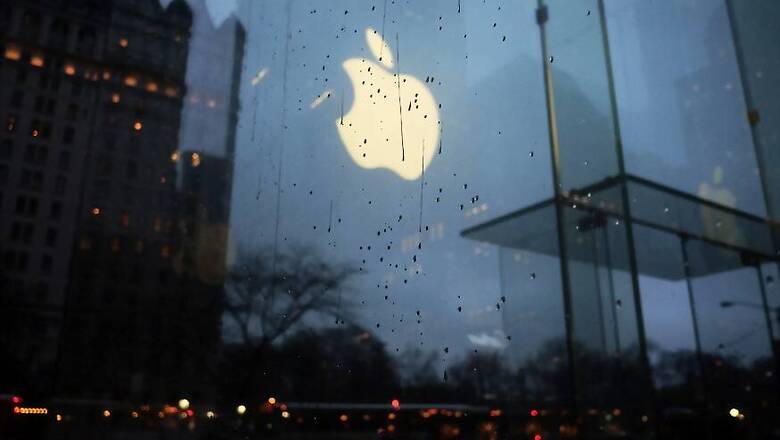
views
An appeal by Apple and Ireland against a European Union ruling for the U.S. firm to pay 13 billion euros ($16 billion) in disputed taxes is likely to be heard before the end of the year, Irish Finance Minister Paschal Donohoe said on Tuesday. The European Commission ruled in August 2016 that Apple had received unfair tax incentives. Both Apple and Dublin are appealing against the original ruling, saying the iPhone maker's tax treatment was in line with Irish and European Union law.
"We expect the appeal is likely to begin in the autumn," Donohoe told journalists on Tuesday. "How long the hearings will last will depend on the judges overseeing it and could be open to either party after that to take any further action."
Also Read: Top Five Phones With a Notch Display: iPhone X, Huawei P20 Pro, Vivo V9 And More
The Commission told Ireland to collect 13 billion euros in back taxes, a figure Ireland's finance department estimated last year could reach 15 billion euros including EU interest. Interest due by Apple will be calculated after the initial 13 billion euros is collected, Donohoe said. Last October the Commission said it was also taking Dublin to the European Court of Justice over delays in recovering the money that was due to be recovered in January 2017, four months on from the initial ruling.
Also Read: Xiaomi Mi 6X (Mi A2) Official Teaser Leaked Ahead of April 25 Launch
The Commission said on Tuesday that it hoped the funds would be recovered fully as soon as possible to allow it to close the EU Court of Justice's action against Ireland for missing that deadline, a spokesman said. Ireland has insisted that it has acted as fast as it could to facilitate collection and management of such a large sum. Last month it appointed managers for an escrow account to hold the money and Donohoe on Tuesday said the money would begin to be paid by Apple in a series of payments starting in the second quarter, with all funds in place by the end of the third quarter.
Donohoe said the fund would make investment decisions that are low risk and that the Irish taxpayer would be protected. "Any loss from the fund will reside with the fund, not with the taxpayer," he said.
Also Watch: Canon EOS M50 'Mirrorless Camera' First Look














Comments
0 comment